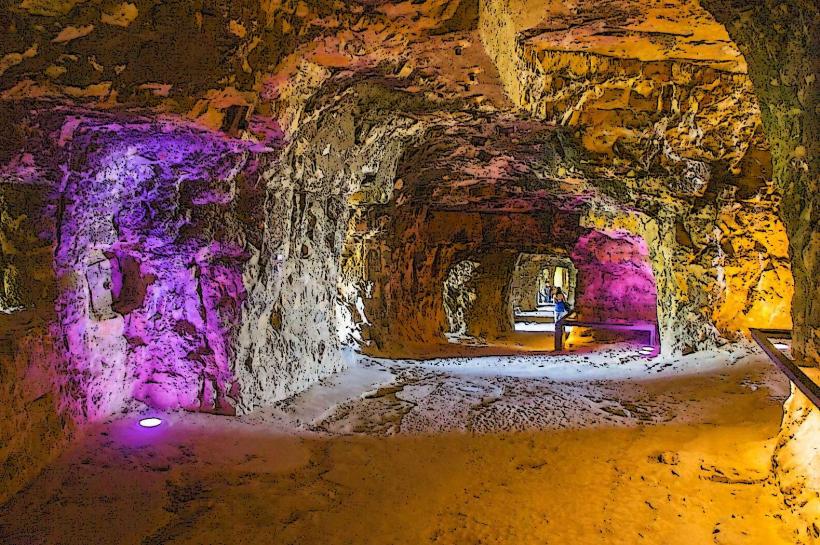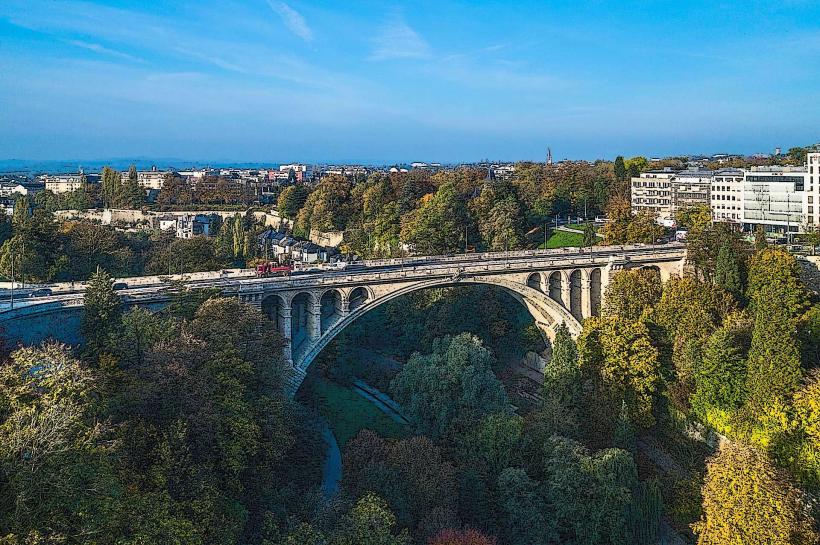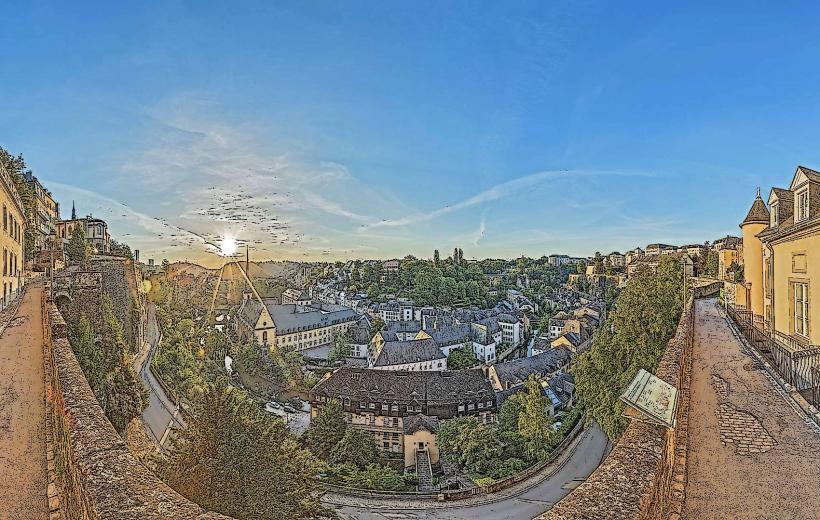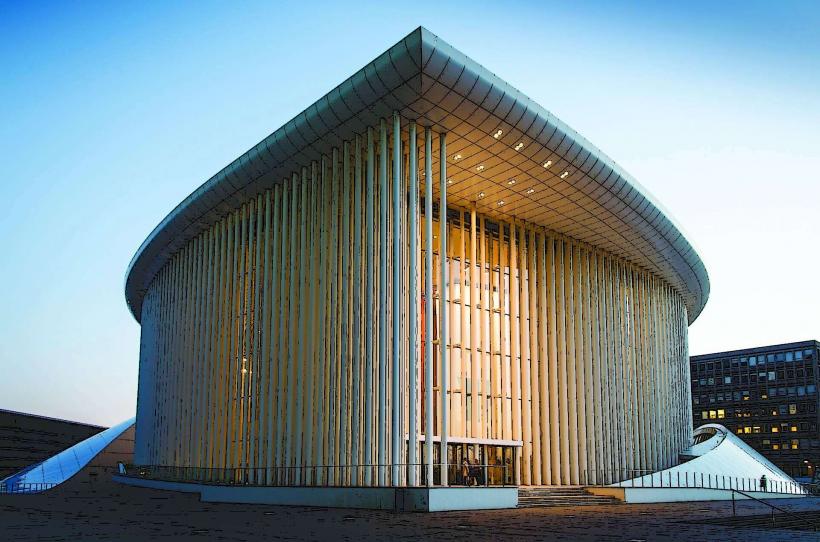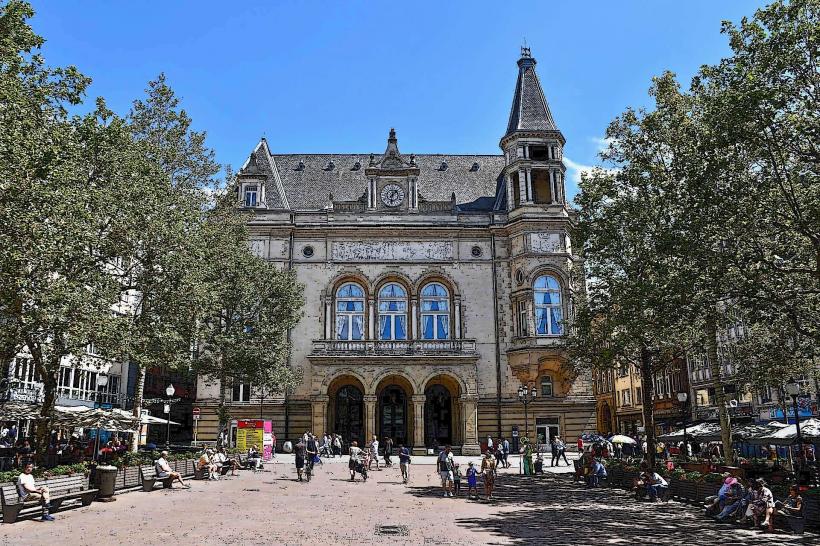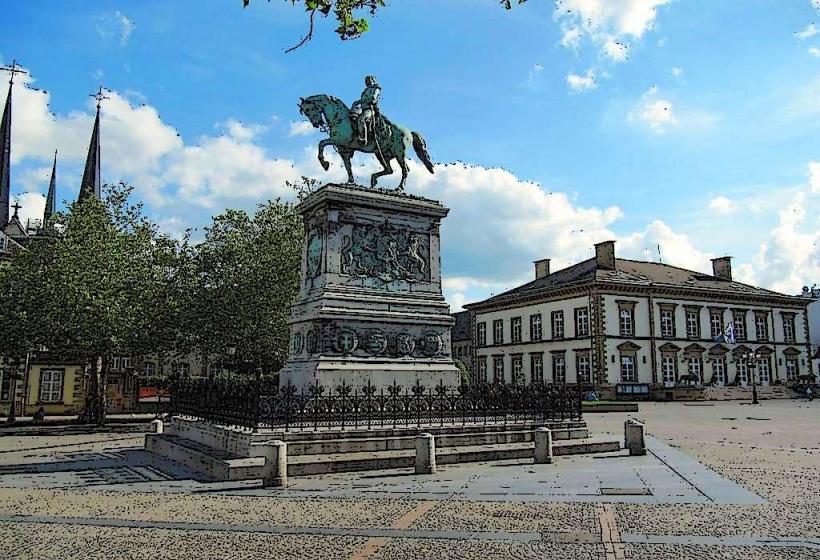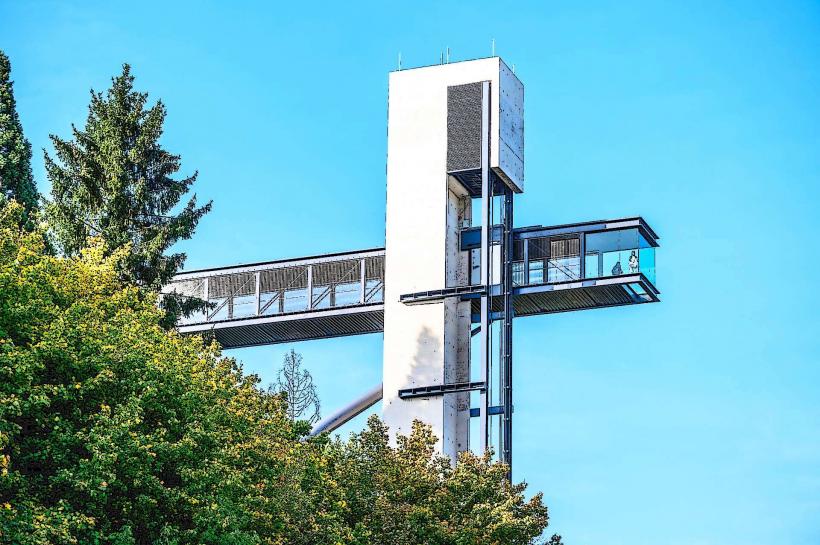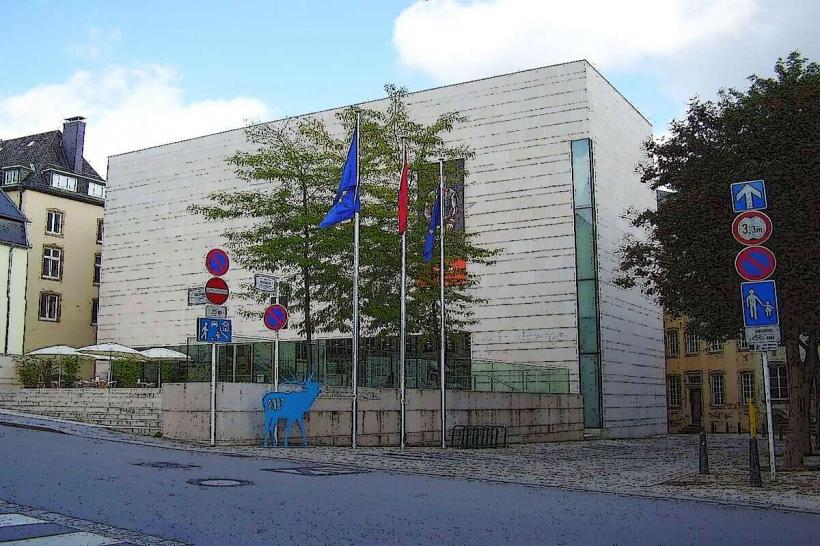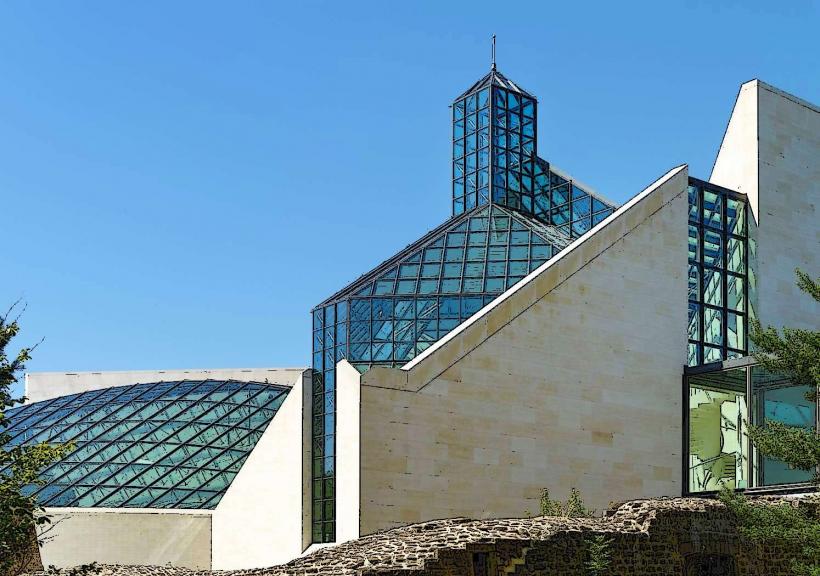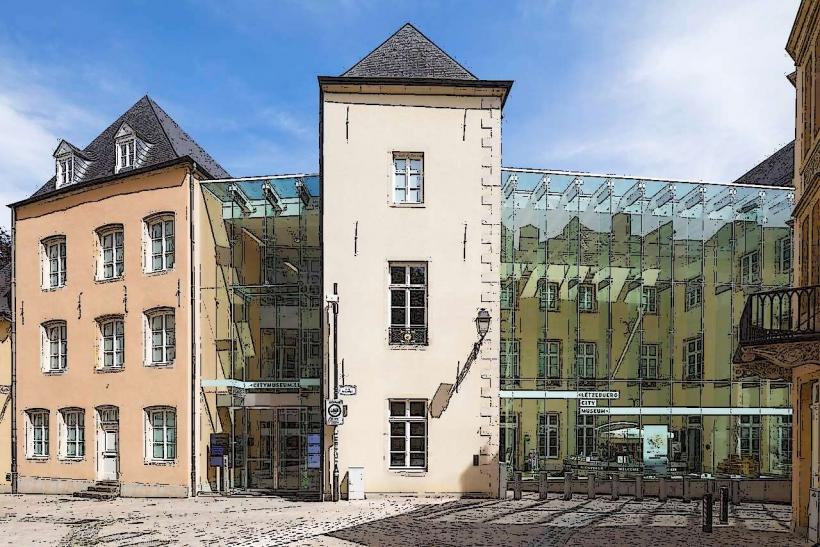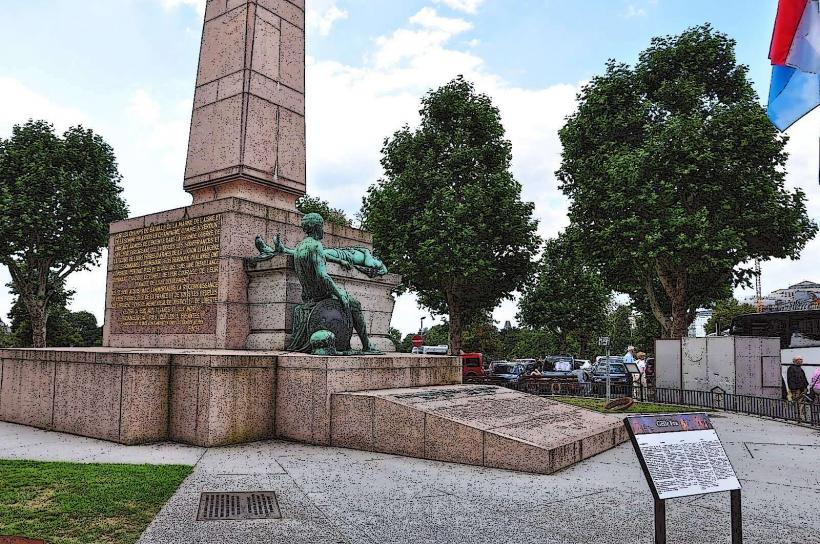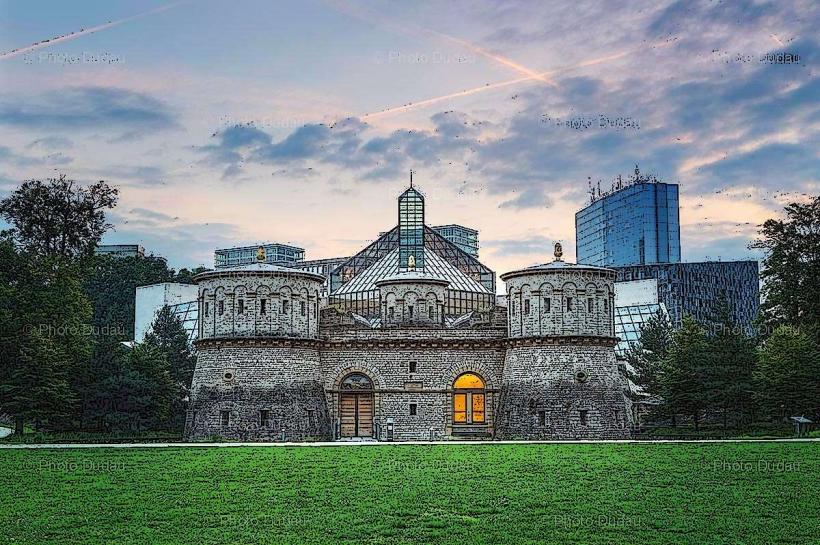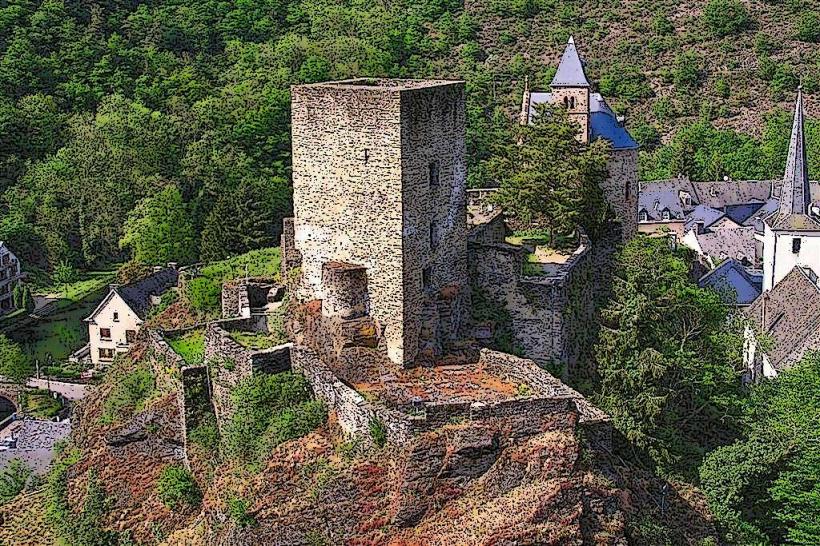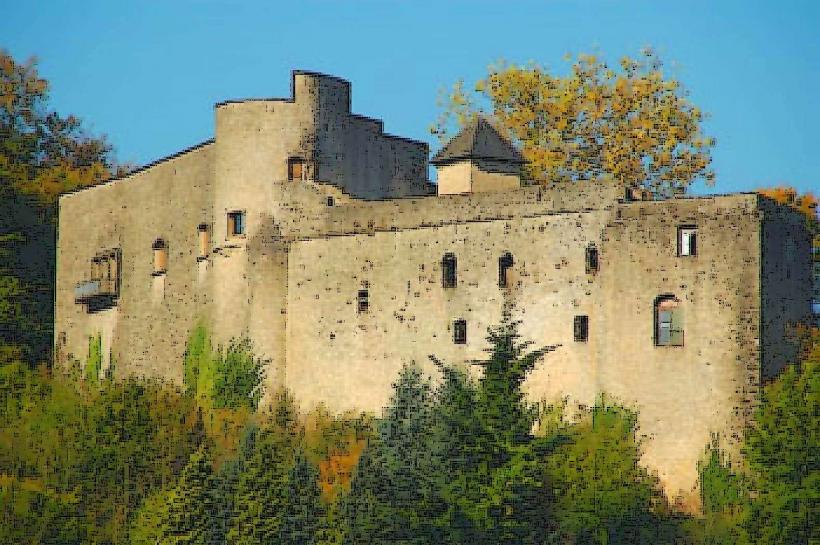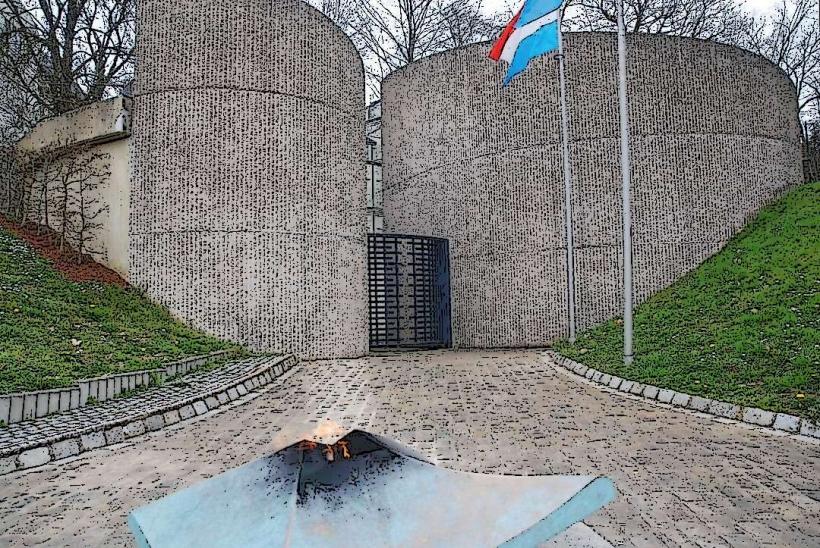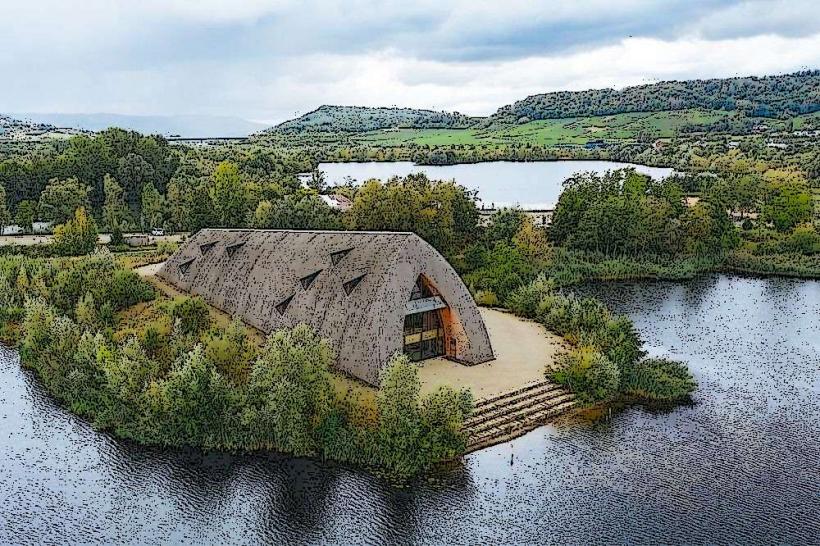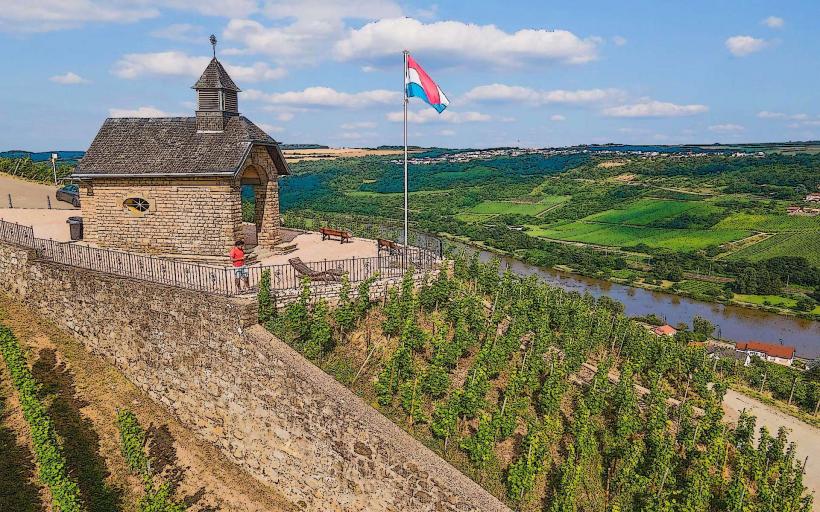Information
Landmark: Notre-Dame CathedralCity: Luxembourg City
Country: Luxembourg
Continent: Europe
Notre-Dame Cathedral, Luxembourg City, Luxembourg, Europe
Notre-Dame Cathedral (Cathédrale Notre-Dame) is the Roman Catholic Cathedral of Luxembourg City and the only cathedral in the Grand Duchy. It is a primary example of late Gothic architecture with significant Renaissance and Baroque elements.
Visual Characteristics
The cathedral is defined by its three slender black spires, which are a dominant feature of the city's skyline. The northern portal displays elaborate Renaissance ornamentation. The interior features a fusion of Gothic vaulting and 19th-century stained glass. Notably, the choir contains the "Consolatrix Afflictorum" (Comforter of the Afflicted), a 17th-century wooden statue of the Virgin Mary, which is the object of national pilgrimage.
Location & Access Logistics
The cathedral is located on Rue Notre-Dame in the Ville Haute (Upper Town). It is centrally positioned between Place Guillaume II and the Pétrusse Valley.
Public Transport: The "Hamilius" tram stop (Line T1) is 300 meters away.
Pedestrian: It is a 12-minute walk from the Luxembourg Gare Centrale via the Passerelle (Old Bridge).
Parking: The "Knuedler" and "Théâtre" underground parking lots provide the closest vehicle access.
Historical & Ecological Origin
Construction began in 1613 by the Jesuit Order, originally serving as a Jesuit church. It was designed by the brother lay architect Jean du Blocq. After the Jesuits left in 1773, the church was elevated to cathedral status in 1870 by Pope Pius IX. The building underwent a massive expansion between 1935 and 1938, which added the two additional spires and the new chancel to accommodate larger congregations.
Key Highlights & Activities
The Crypt: Located beneath the cathedral, it serves as the final resting place for members of the Grand Ducal family, including Grand Duchess Charlotte and John the Blind, King of Bohemia.
Octave Pilgrimage: For two weeks between the third and fifth Sundays after Easter, the cathedral becomes the center of a national pilgrimage honoring the Virgin Mary.
Cenotaph of John the Blind: A prominent funerary monument located within the crypt.
Infrastructure & Amenities
The cathedral is an active place of worship with 5G cellular coverage. It is equipped with modern lighting and sound systems for liturgical services. Public restrooms are available at the nearby Place de la Constitution (150m west). The main entrance is accessible, though the crypt involves narrow stairs.
Best Time to Visit
The cathedral is open daily for visitors outside of scheduled mass times. Late afternoon is optimal for viewing the stained glass as the western sun illuminates the interior. Visiting during the "Octave" in late spring offers a unique look at Luxembourgish religious traditions and floral decorations.
Facts & Legends
The cathedral's three spires are of unequal height; the central spire is the tallest, while the two added in the 1930s were designed to complement the original without perfectly mirroring its proportions. Legend holds that the statue of the Consolatrix Afflictorum protected the city from several plague outbreaks during the 17th century.
Nearby Landmarks
Gëlle Fra (Monument of Remembrance) – 0.1km West
Grand Ducal Palace – 0.3km North
Place Guillaume II – 0.2km North
Casemates de la Pétrusse – 0.15km South
National Library of Luxembourg – 0.1km East



